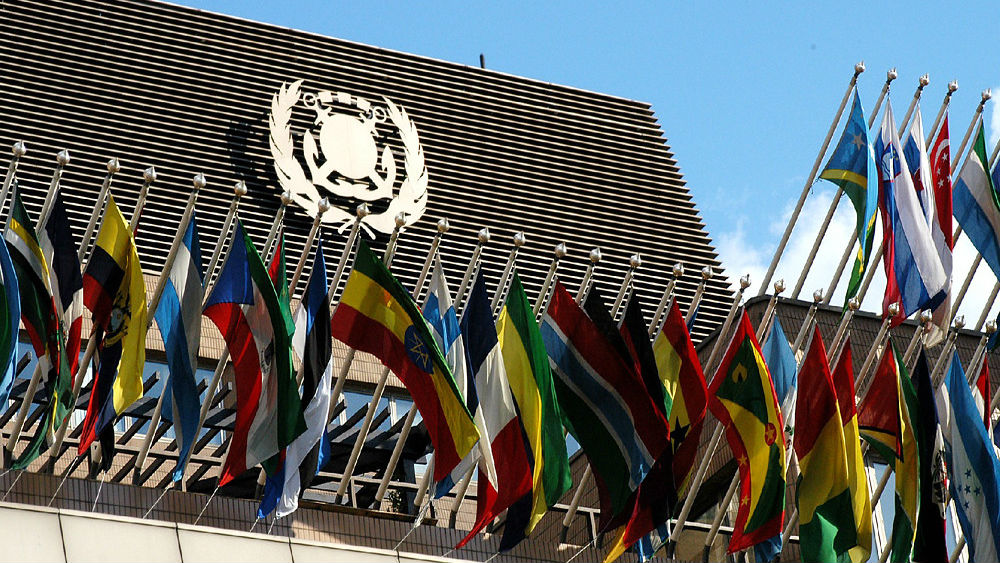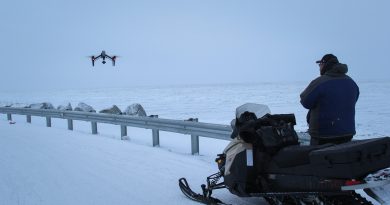IMO set for landmark vote on shipping emissions as Washington threatens reprisals

The International Maritime Organization (IMO) is meeting in London this week for what could be a turning point in global shipping — a vote on new rules to cut greenhouse gas emissions that’s already drawn a sharp warning from the United States.
The meeting, running from October 14–17, is expected to finalize a “Net-Zero Framework (NZF)” where ships would pay for emissions over a set limit, while vessels that meet tougher standards could trade or bank so-called “surplus units.”
The money collected would go into a fund supporting zero- and near-zero-emission fuels and technologies, particularly in the developing world and for island states.
The IMO first drew up the draft rules in April, targeting ocean-going ships over 5,000 gross tonnes, which are responsible for about 85 per cent of international shipping’s total CO2 emissions.
The organization said they want the shipping industry to reach carbon neutrality “by or around 2050,” with interim targets of 20 per cent reductions by 2030 and 70 per cent by 2040.
Washington calls initiative “neocolonial”
But in a statement released Friday, the U.S. administration sharply condemned the proposal, calling it “a European-led neocolonial export of global climate regulations.”
The White House said the framework amounts to the UN levying “a global carbon tax” that would unfairly burden American consumers and businesses.
“The Administration unequivocally rejects this proposal before the IMO and will not tolerate any action that increases costs for our citizens, energy providers, shipping companies and their customers, or tourists,” said a joint statement by Secretary of State Marco Rubio, Secretary of Energy Chris Wright, and Secretary of Transportation Sean Duffy.

The U.S. warned that IMO members supporting the framework would be subject prompt retaliatory measures, including port fees, visa restrictions, sanctions on officials, and possible limits on vessels flagged under countries supporting the framework.
“We will fight hard to protect our economic interests,” the statement continued, “by imposing costs on countries if they support the NZF.”
The framework vote is expected before the meeting adjourns on Friday, October 17.
Questions, comments or story ideas? Contact Eilís at eilis.quinn(at)cbc.ca
Related stories from around the North:
Canada: Grounded cargo ship successfully refloated in Canadian Arctic: company, Eye on the Arctic
Norway: Hybrid-powered electric cruise ship navigates Northwest Passage, CBC News
Russia: Chinese freighter halves EU delivery time on maiden Arctic voyage to UK, Reuters
United States: U.S. Coast Guard monitors Chinese ships in Arctic waters…again, Eye on the Arctic



